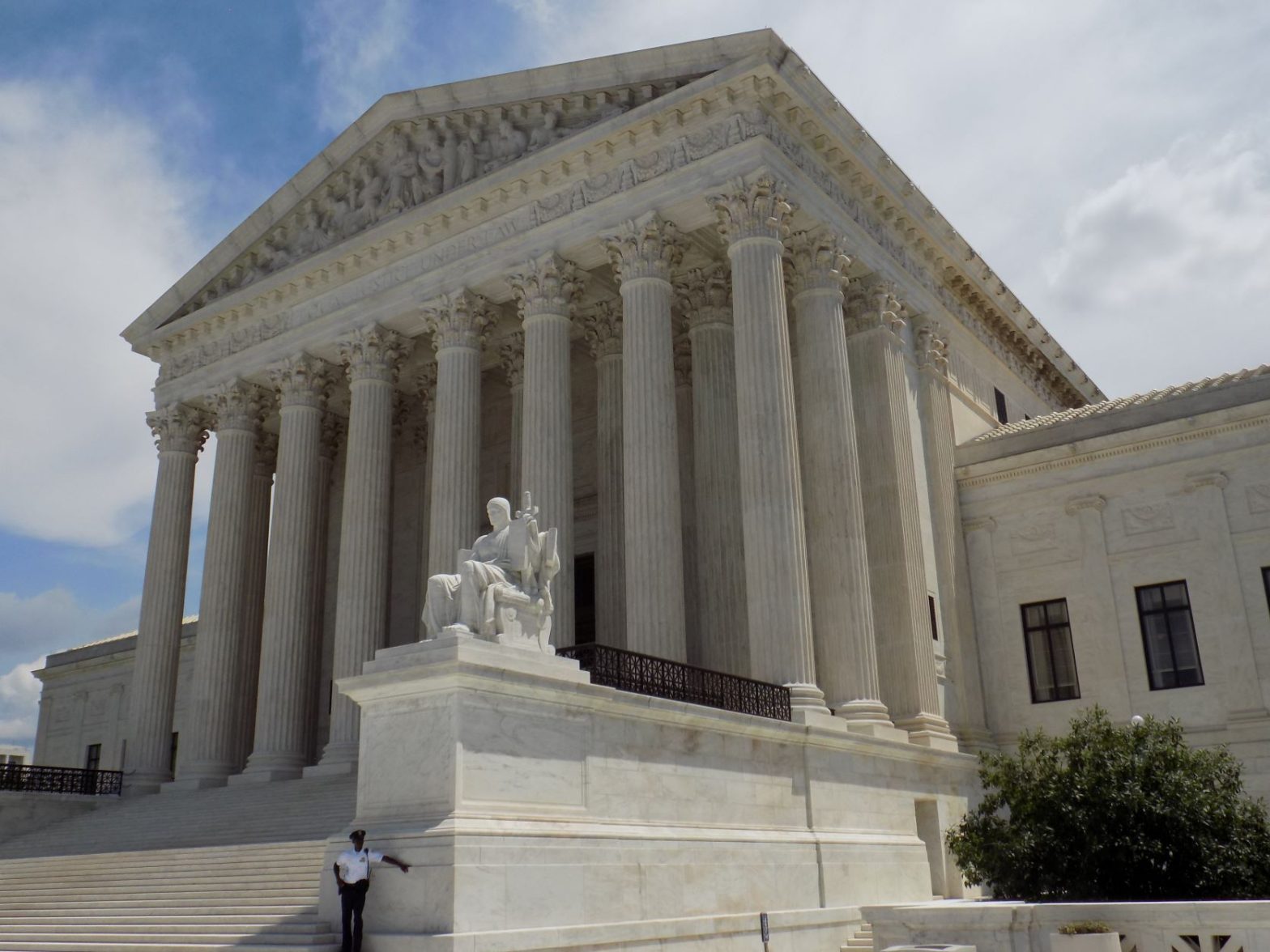Supreme Court Case Hints at Change In Federal Agency Regulation Decisions

WASHINGTON — Conservative judges on the Supreme Court suggested this week during arguments in a multibillion-dollar lawsuit over Medicare drug reimbursement that now might be the time to overturn a decades-old guiding principle of administrative law.
The issue in American Hospital Association v. Becerra is a technical question over a Department of Health and Human Services rule that cut prescription drug discounts by about $1.6 billion for hospitals that serve low-income communities.
The Health and Human Services Department sets reimbursement rates for hospitals based on their acquisition costs for drugs.
The agency also varies the reimbursement rate by hospital group. The number of low-income patients they serve is a factor in the rate-setting.
The American Hospital Association lawsuit results from a Trump administration effort to reduce hospital reimbursements by nearly 30% for drugs in the 340B program. Under the program, pharmaceutical companies provide outpatient drugs to participating hospitals that serve disadvantaged communities at significantly reduced prices.
Federal law requires that reimbursement rates must be based fairly on hospital drug acquisition costs only after Health and Human Services gathers enough data in surveys to know the true costs.
The hospitals that are suing say the agency violated federal law by not basing its reimbursement rates on appropriate surveys.
Health and Human Services officials say they acted within their discretion under guidelines of the 1984 Supreme Court precedent of Chevron U.S.A. v. Natural Resources Defense Council.
Corporate America has criticized the backbone principle of administrative law known as the Chevron deference for years as an abuse of government authority.
It says that courts must defer to reasonable agency interpretations of laws when the language of the statutes is ambiguous.
The Environmental Protection Agency has used the Chevron deference to get rid of legal objections to its emissions regulations. The Federal Communications Commission invoked it to uphold its stance on net neutrality that limits censorship of Internet content.
The Equal Employment Opportunity Commission gave employers permission under its Chevron deference discretion to disqualify job applicants whose disabilities create safety risks.
Comments from the justices during oral arguments at the Supreme Court Tuesday indicated the outcome of the Medicare reimbursement dispute is likely to stretch far beyond hospital finances. It could expand the authority of courts and give concessions to corporations critical of the Chevron deference.
There are six conservative justices on the Supreme Court who hinted they might be willing to institute a new rule.
Justice Neil Gorsuch said the American Hospital Association’s petition spelled out “a troubling trend” among judges who defer too quickly to federal agency interpretations.
Justice Brett Kavanaugh said a reevaluation of the Chevron ruling could offer courts an endorsement “to apply all the traditional tools of statutory interpretation and construction.”
The U.S. Circuit Court for the District of Columbia ruled in favor of the Department of Health and Human Services as it invoked the Chevron deference.
Justice Amy Coney Barrett suggested that perhaps the courts should play a bigger role in defining requirements of the laws.
“It seems to me that … might be just an interpretive question,” Barrett said. “You know, the classic problem of statutory interpretation that a court should resolve.”
Several trade groups filed amicus briefs in the case. A leading brief came from the public interest advocacy organization Pacific Legal Foundation, which argued that “deference under [the Chevron ruling] tilts the playing field in favor of the federal government, the most powerful and prolific litigator in the country. It unjustly allows a federal agency’s inferior interpretations of the law to prevail over better interpretations so long as the agency’s interpretation is not unreasonable.”
The Supreme Court’s final ruling on the American Hospital Association v. Becerra lawsuit is expected early next year.
The case is American Hospital Association et al. v. Becerra et al., Supreme Court case number 20-1114.
Tom can be reached at [email protected].
























